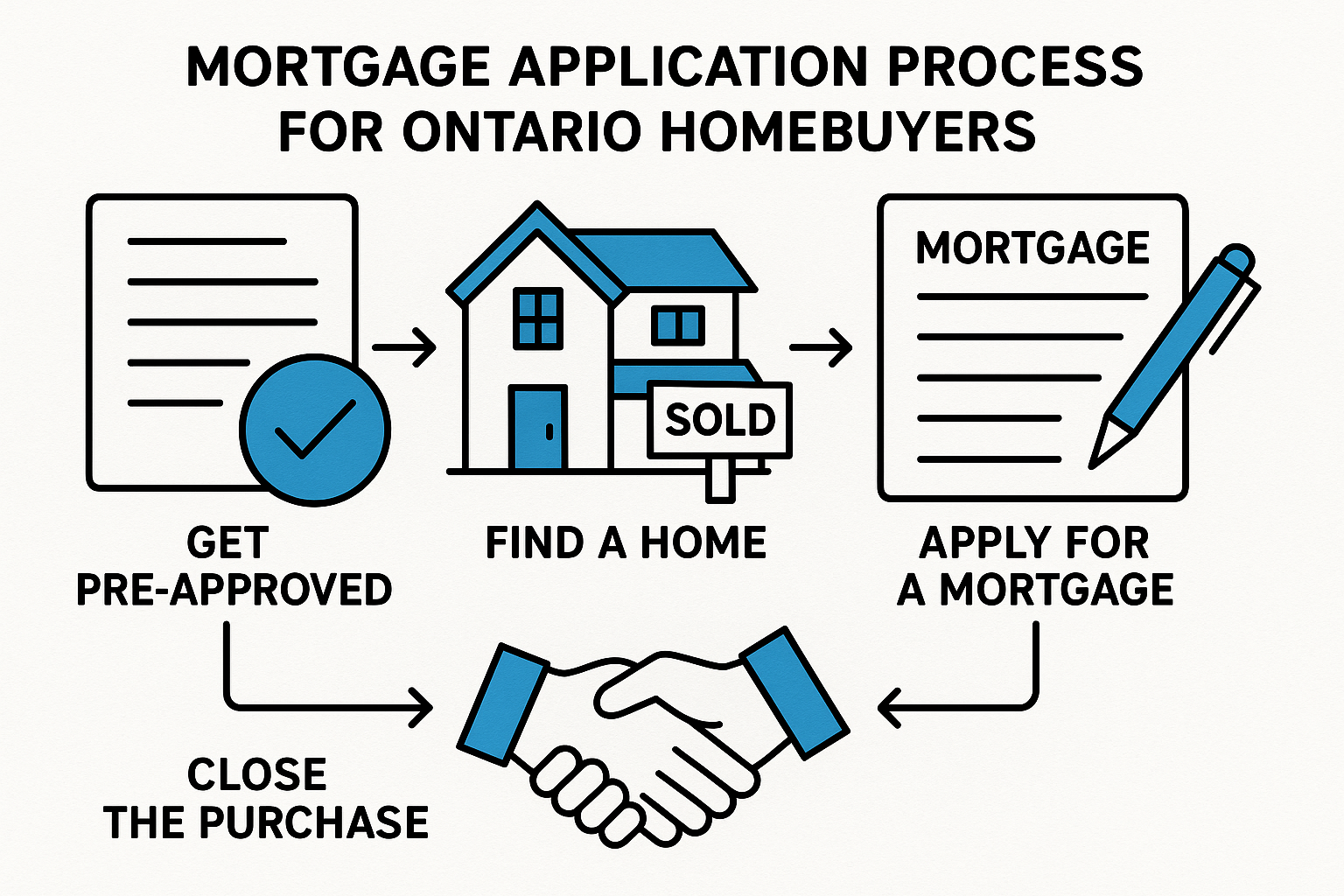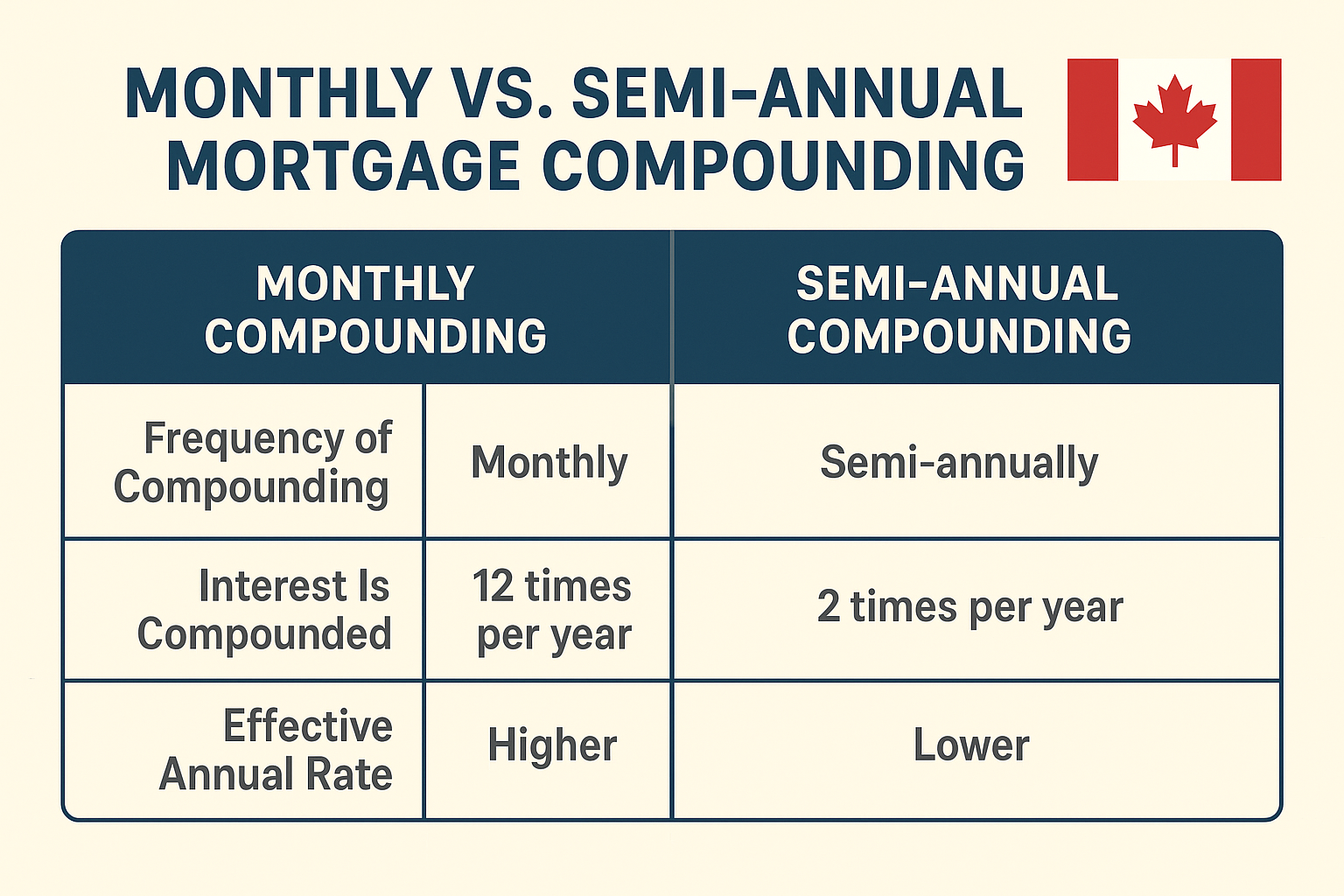Table of Contents
ToggleIntroduction
Writs and judgments can have a serious impact on homeowners, especially when they result in liens or other legal claims against a property. Many homeowners find themselves facing financial difficulties due to unpaid debts, leading to court judgments and potential enforcement actions. If you own a home and are dealing with a judgment or writ, understanding your options is crucial.
One of the most effective ways to resolve these financial challenges is by leveraging home equity. Home equity loans and home equity lines of credit (HELOCs) offer a means to consolidate or pay off outstanding judgments, preventing further legal action.
This guide explains what writs and judgments are, how they affect property ownership, and how home equity can be used to regain financial stability. Whether you are trying to avoid asset seizure, improve cash flow, or settle outstanding debts, this article provides the information you need to make informed decisions.
I. What Are Writs and Judgments?
A. Definitions
- A writ is a formal court order that instructs law enforcement or another party to take action, such as seizing assets or garnishing wages.
- A judgment is a legal decision made by a court, often requiring a person to pay a debt or perform an obligation.
B. Types of Writs
- Writ of Execution – Allows creditors to enforce a judgment by seizing property or bank accounts.
- Writ of Possession – Used in eviction cases, giving the creditor possession of the property.
- Writ of Garnishment – Directs a third party, such as an employer, to withhold wages to satisfy a debt.
C. Process of Obtaining a Judgment
- A creditor files a lawsuit against a debtor.
- If the debtor fails to pay or respond, the court may issue a judgment in favor of the creditor.
- If the judgment remains unpaid, creditors can request a writ to enforce collection.
II. Impact of Judgments and Writs on Homeowners
A. Judgment Liens
- Once a judgment is issued, a lien may be placed on a debtor’s home, preventing the sale or refinancing of the property without satisfying the debt.
B. Enforcement Actions
- Creditors may request the seizure of assets, garnishment of wages, or forced sale of a property to recover the debt.
- A homeowner’s credit score may also suffer, limiting future borrowing options.
C. Example Scenario
John owns a home and has an outstanding credit card debt of $30,000. His creditor obtains a court judgment and places a lien on his property, making it difficult for him to refinance his mortgage. The creditor then files a writ of execution, allowing them to collect the debt by garnishing his wages.
This example is for illustration purposes only and does not represent a real individual or situation.
III. Leveraging Home Equity to Address Judgments and Writs
A. Understanding Home Equity
- Home equity is the difference between a home’s market value and the remaining mortgage balance.
B. Home Equity Loans vs. HELOCs
- Home Equity Loan – A lump sum loan secured against home equity, repaid in fixed installments.
- HELOC – A revolving credit line that allows homeowners to borrow as needed.
C. Using Home Equity to Settle Debts
- Homeowners can access home equity to pay off judgments, avoiding wage garnishments and asset seizures.
- This approach helps improve cash flow by consolidating multiple debts into a single, manageable payment.
D. Example Scenario
Sarah has a judgment against her for an unpaid business loan of $50,000. Instead of facing wage garnishment, she uses a HELOC to pay off the debt in full. She then repays the HELOC in monthly installments with a lower interest rate than her previous debt.
This example is for illustration purposes only and does not represent a real individual or situation.
IV. Alternatives to Using Home Equity for Debt Resolution
A. Debt Consolidation
- Combining multiple debts into a single loan with lower interest rates.
B. Negotiating with Creditors
- Some creditors may agree to a settlement where a portion of the debt is forgiven in exchange for a lump sum payment.
C. Bankruptcy Considerations
- As a last resort, homeowners may consider bankruptcy to discharge debts. However, this can have long-term financial consequences.
V. Protecting Your Home and Financial Health
A. Preventive Measures
- Stay in communication with creditors to avoid legal action.
- Regularly review credit reports for accuracy.
B. Legal Protections
- Homestead exemption laws protect a portion of home equity from creditors in certain situations.
C. Seeking Professional Advice
- Consulting a mortgage professional or legal expert can provide guidance on the best course of action.
VI. Frequently Asked Questions (FAQs)
1. What happens if I ignore a judgment against me?
Ignoring a judgment can lead to wage garnishments, property liens, or asset seizure. It is best to address it as soon as possible.
2. Can I sell my home if there is a judgment lien on it?
A home with a judgment lien cannot be sold unless the lien is satisfied or negotiated with the creditor at the time of closing(sale completion).
3. How do I remove a judgment lien from my home?
You can remove a lien by paying the debt, negotiating a settlement, or challenging the judgment in court.
4. Can a HELOC be used to pay off a court judgment?
Yes, a HELOC can be used to settle a court judgment, provided there is enough equity in the home.
5. What is the difference between a writ and a lien?
A writ is a court order directing action, while a lien is a legal claim placed on property due to unpaid debt.
6. Will a judgment affect my credit score?
Yes, a judgment can significantly lower your credit score, making it harder to qualify for loans.
7. How long does a judgment lien stay on my property?
Judgment liens typically remain until the debt is paid, though the duration varies by province.
Conclusion
Judgments and writs can create significant financial burdens for homeowners. When debts go unresolved, they can lead to property liens, wage garnishments, and credit issues. Fortunately, home equity can provide a viable solution for resolving these debts and regaining financial stability.
By considering home equity loans, HELOCs, or alternative debt solutions, homeowners can take proactive steps to protect their property and financial future. Seeking professional advice from mortgage experts or legal professionals can ensure the best approach for each unique situation.
If you are dealing with a judgment or writ and need guidance on leveraging your home equity, LendToday.ca can help.
Apply Now – Writs & Judgments Help!
- How Soon Can You Lose Your House in Canada? The Truth About Foreclosure - July 14, 2025
- Title Insurance: Proven Homeowner Protection in 2025 - July 8, 2025
- ID Requirements for a Mortgage in Ontario: What You Need to Know - July 2, 2025






